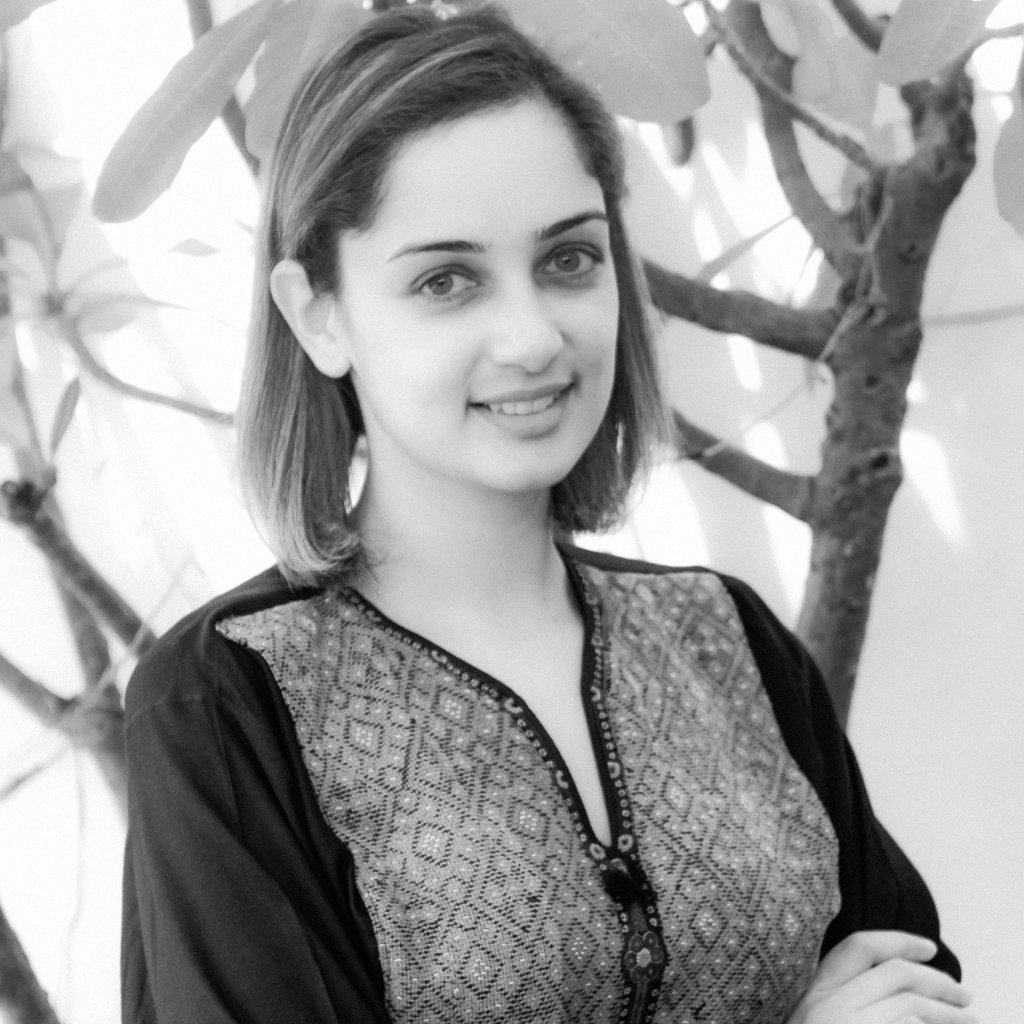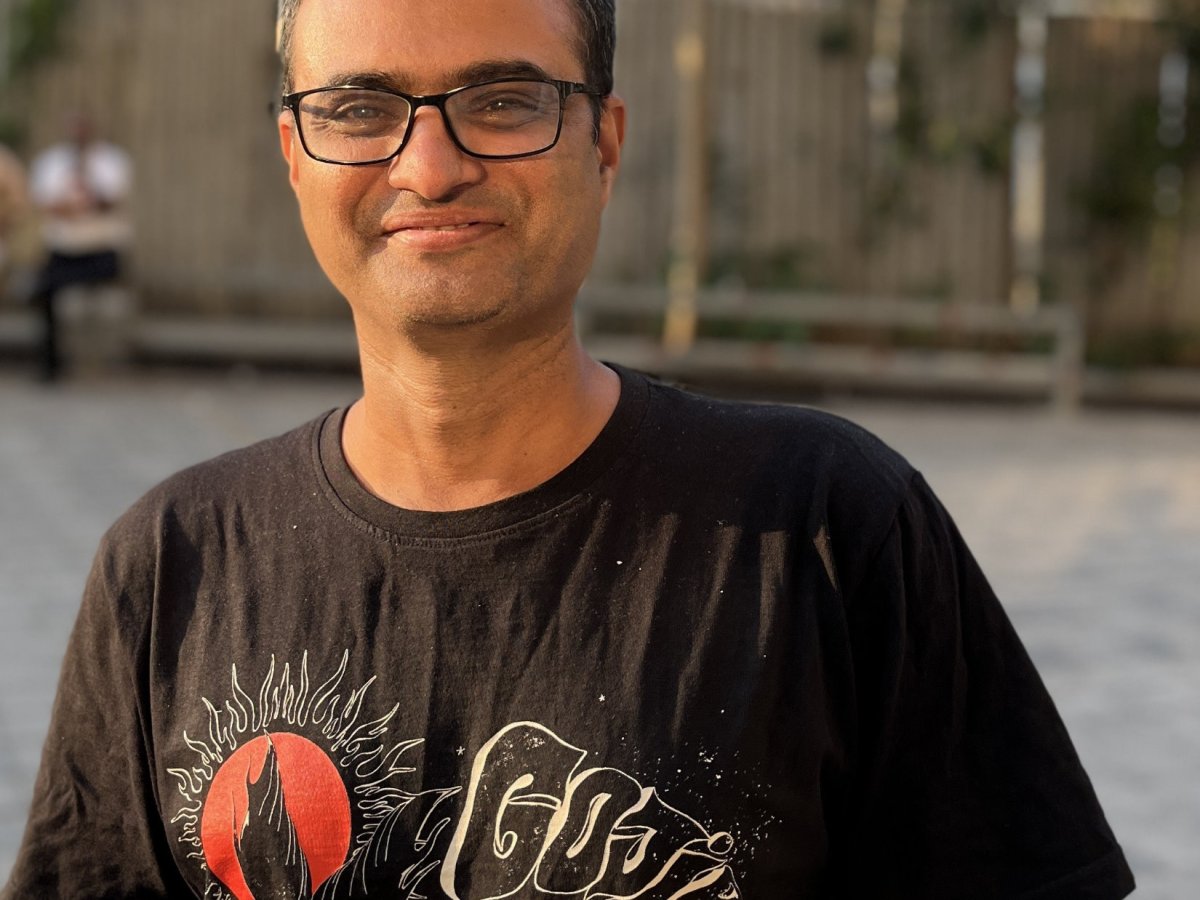Born in Afghanistan, Moska is an experienced writer, visual storyteller, public relations professional and former journalist with the BBC. She has lived most of her life outside of her homeland but is deeply rooted in Afghan history, culture, and traditions. She is the co-author of Afghanistan: The Essential Guide to Customs & Culture and is known for her work for From Kabul to Kolkata, a photography project inspired by one of Rabindranath Tagore’s short stories, Kabuliwala, which he wrote in 1892. We caught up with Moska for a quick chat about her work, her love for photography and her book.
You got your Bachelor’s degree in international communications with specialisation in journalism, minoring in history and art history. Tell us a bit about that. Why did you choose International communications?
Since time immemorial, humans have told stories and passed down cultural beliefs, traditions and history to future generations. I’ve always been interested in storytelling as a medium to relate to people’s lives. A degree in international communications with specialisation in journalism helped me connect with individuals from all walks of life. I was mentored by wonderful professors who encouraged me to experiment with various forms of storytelling, desensitise cultural barriers and uncover narratives that travelled beyond geographies and boundaries. Using my pen and camera, I lived vicariously through others’ journeys.
You worked with the BBC for nearly a decade. What did you find most exciting and what was most challenging about your work at the BBC?
Although I began my career in print journalism, it was at the BBC that I honed my skills as a producer and journalist. There is a famous quote from St Augustine; ‘The world is a book and those who do not travel, read only one page.’ My time at the BBC was humbling. It gave me the opportunity to travel across the world and document stories of people, places and communities. Being a conflict journalist meant you encounter bad news on a daily basis, preempting crisis and embracing impact. Everyday life without chaos and turmoil felt unreal and monotonous. There was a sense of guilt I carried when encountering stories of loss and grief only to return home to safety. The dichotomy of these two contrasting worlds was quite challenging.
You were one of the three finalists in The Best Jobs in the World for Lifestyle Photographer competition, which was held by Tourism Australia and were also shortlisted for the World Nomads’ Travel Photography Scholarship. Tell us about that.
Incidentally, I was on a photography project when I came across Tourism Australia’s ‘Best Job’ campaign. It was a great platform for storytellers and content creators to share their work and engage with audiences globally. I felt a sense of accomplishment to be shortlisted for the final round of the competition and honoured to represent Afghanistan, as a youth and especially as a woman.
Tell us about your interest in photography? How did you get started with this? Any photographers whose work you particularly admire? What kind of camera equipment do you use to shoot your photographs?
I’ve always loved photographs. They’re a moment in time, a frozen piece of life that can be preserved forever. My interest in photography grew from a sense of nostalgia about the past. I’ve admired Sebastião Salgado’s work and aspire that my work be recognised in the documentary-photography space. I mainly shoot on full-frame DSLR cameras though recently I’ve begun to experiment with iPhone photography as well.

You handled the photography for From Kabul to Kolkata, a photography-documentary project on the Afghan community in Kolkata over the last 100 yearsWhat was it that got you interested in documenting the Afghan community in Kolkata, and what were some of the most remarkable discoveries you made while working on this project?
Afghans have travelled to India for centuries but it was in 1892 that they were given a romantic, and lasting identity. This link was set into history when India’s most famous modern poet and one of its greatest cultural icons, Rabindranath Tagore, penned his short story about the Kabuliwala or man from Kabul. Inspired by this piece, I collaborated with Nazes Afroz and embarked on a three-year-long project to capture the story of a century of social transformations among the Afghan community in Kolkata.
Being away from Afghanistan, I’ve always been drawn to the themes of identity and belonging. By documenting one of the oldest settled Afghan communities in India in modern times, I wanted to explore how the Kabuliwalas have held onto their culture and identity for over a century. And by understanding their ways of connection, I too wanted to connect with my own country – Afghanistan. The exhibition has successfully travelled across South Asia, Europe and the US.
You co-authored a book on the customs and culture of Afghanistan. What are some highlights of Afghan culture/history/tradition, which you wish people knew more about? For you personally, what was the most satisfying thing about writing this book?
Although I’ve lived most of my life outside Afghanistan, I’m deeply rooted in Afghan history, culture, and traditions. Co-authoring the book was a cathartic experience as I got to research, talk and gather insights about our culture, traditions, idiosyncrasies and way of life. Those who have visited Afghanistan will admit the ‘Afghan bug’ that bites first-time visitors and makes them fall madly in love with the country. Yet, despite being a land of breathtaking beauty, with a rich history and a fascinating tapestry of cultures, Afghanistan has been in the headlines for all the wrong reasons for four decades. In the midst of these upheavals, co-writing the book gave me refuge to reconnect and bond with a land which I consider to be my original home and its people who are probably the most hospitable and honourable in the world.
Do you intend to write more books? If so, what would you write about?
I’d love to write my autobiography although it’s an intimidating thought! Recently, on a flight, I befriended a young author who submitted her first-ever fantasy novel. She advised me to ‘just write badly, but write. You can always make it sound better, after.’ I have to mentally shift from dwelling upon my book to just writing badly!
As a young person, in school and college, did you always read a fair bit? What kind of books do you like to read now? Any favourite authors?
Growing up, the idea to read was daunting as English was not my mother tongue. But in adulthood, it became a favourite past-time. I thoroughly enjoyed reading history books and novels. These days I read historical fiction, biographies and books on psychology. One of my favourite books is George Orwell’s Animal Farm. My all-time favourite author is Gabriel García Márquez.
What were the three most memorable books that you’ve read in the last 1-2 years? Any books that are on your must-reads list for 2023?
Recently read books that I found to be informative, creative and struck a chord: From Third World To First, by Lee Kuan Yew, Kim Jiyoung, Born 1982, by Cho Nam-Joo and South of the Border, West of the Sun, by Haruki Murakami.
The books I’m current reading are Migrants: The Story of Us All, by Sam Miller and The Withdrawal: Iraq, Libya, Afghanistan and the Fragility of U.S. Power, by Noam Chomsky and Vijay Prashad. Next up is Alexandria: The Quest for the Lost City, by Dr Edmund Richardson.
Do you collect books and are you very possessive of your books? Do you have friends who borrow your books and then ‘forget’ to return them? Is there anything you’d like to say to these friends?
I’m extremely possessive of my books and mark each one of them with my initials, the date and city purchased. Friends don’t get a chance to ‘forget’ returning my prized possession. I send them reminders dutifully!
You can follow Moska on Twitter and find her on Facebook







